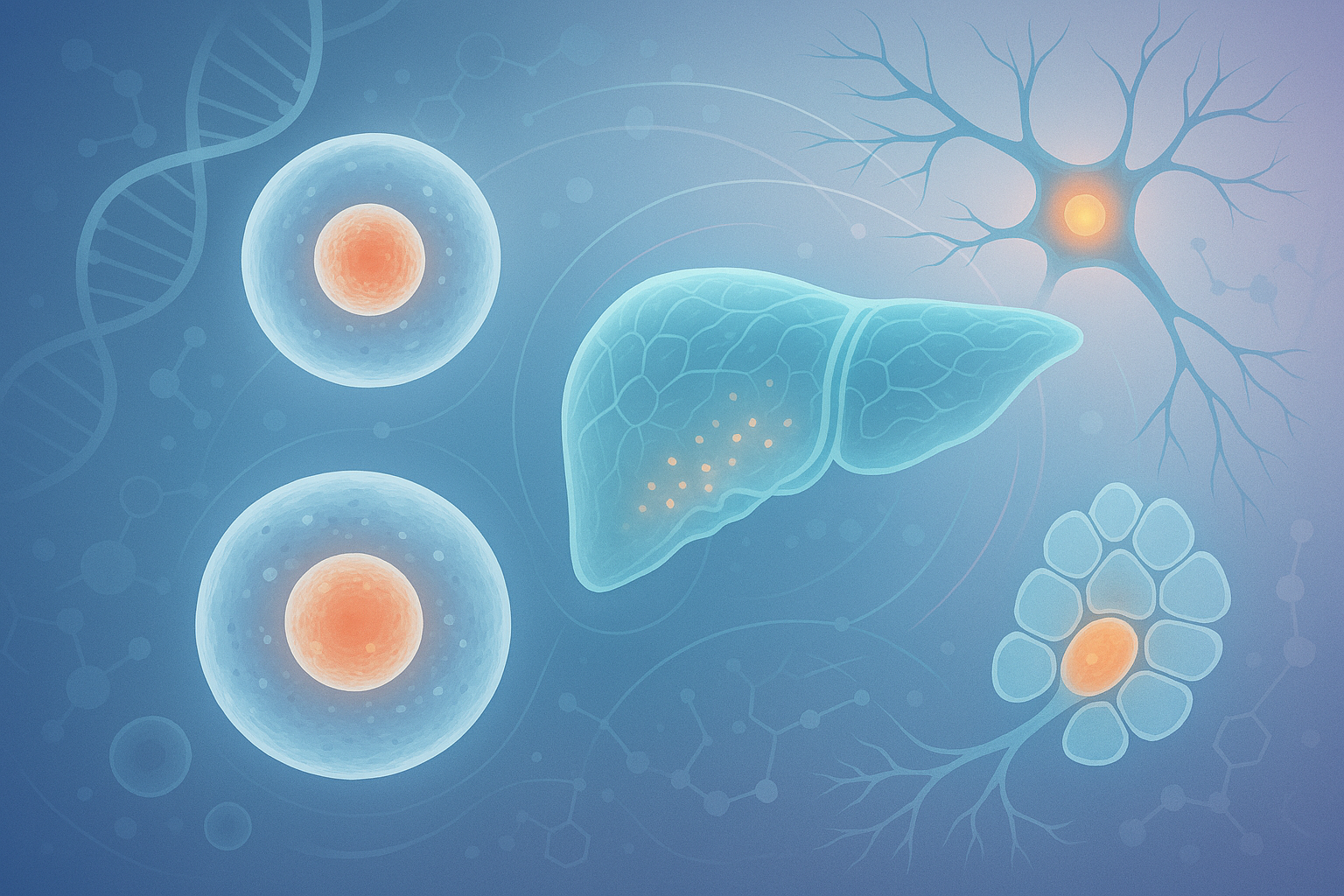At the Centre for Liver Research and Diagnostics, we have been at the forefront of advancing the field of Stem Cells and Regeneration, contributing a substantial body of work comprising 61 publications that reflect our deep commitment to innovative biomedical science. Our research is driven by a vision to develop transformative therapies that repair, replace, or regenerate damaged tissues and organs.
A central focus of our work has been the isolation and characterization of stem cells, particularly from human fetal liver and bone marrow. Through rigorous investigation, we have explored the therapeutic potential of hepatic progenitor cells, mesenchymal stem cells, and neural precursor cells, emphasizing their differentiation capabilities and clinical applications. These studies have laid a strong foundation for cell-based therapies targeting conditions such as liver cirrhosis, spinal cord injuries, and neurodegenerative diseases.
One of our most impactful contributions is the clinical application of stem cell transplantation for end-stage liver diseases. Our research has demonstrated the efficacy of autologous bone marrow-derived stem cells and fetal hepatic progenitor cells, showing measurable improvements in liver function and patient outcomes. These findings highlight stem cell therapy as a promising alternative to traditional liver transplantation, particularly in regions with limited access to donor organs.
We have also made significant strides in trans-differentiation research, successfully inducing hepatic progenitor cells to become insulin-producing beta cells. This breakthrough opens new avenues for diabetes treatment, bridging the disciplines of hepatology and endocrinology and showcasing the versatility of stem cells in addressing complex metabolic disorders.
In the domain of neural regeneration, our studies have explored the use of stem cells to repair spinal cord injuries and treat neurological conditions. By investigating neural stem cell differentiation and transplantation techniques, we are contributing to the development of therapies aimed at restoring function in damaged neural tissues.
Our interdisciplinary approach extends to the integration of biomaterials and nanotechnology with stem cell research. We have developed bioartificial organs and thermoreversible gelation polymers for enhanced cell delivery, improving the survival, integration, and functionality of transplanted cells. These innovations mark a significant step toward personalized regenerative medicine.
Through this robust and multifaceted research program, we continue to push the boundaries of cell biology, clinical medicine, bioengineering, and nanotechnology. Our work not only deepens the scientific understanding of stem cell behavior but also translates into tangible therapeutic innovations with the potential to transform patient care.

